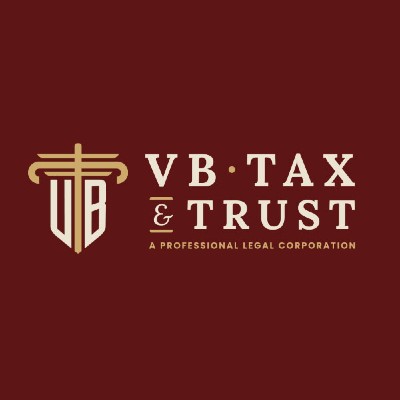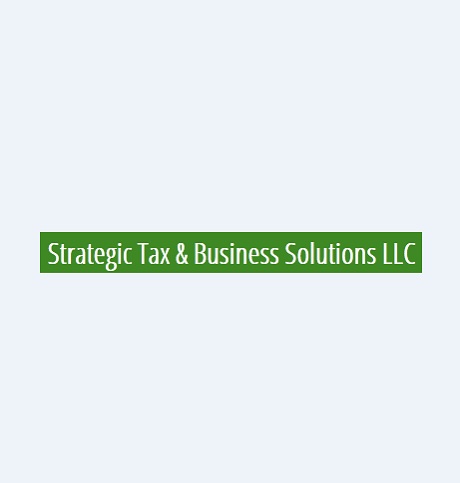Form 1099
What does Form 1099 mean?
Form 1099 is the standard form used to report income outside of that earned as a salary, hourly wage, or tip. The threshold for when a given type of income must be reported using a Form 1099 varies by the type of income, but $600 is the common maximum threshold for many types of income before a 1099 is required.
There are various versions of Form 1099 for each type of income the form may be used to report. The most common versions of Form 1099 follow. Form 1099-C, Cancellation of Debt, is used when a debt owed by a taxpayer is forgiven. The Internal Revenue Service considers this forgiveness of debt to be taxable income to the taxpayer.
Form 1099-DIV, Dividends and Distributions, is used to report dividends and certain other investment distributions to the taxpayers.
Form 1099-INT, Interest Income, is used to report interest earned by the taxpayer on bank accounts and other investments.
Form 1099-R, Distributions from Pensions, Annuities, Retirement Plans, IRAs, or Insurance Contracts, is used to report taxable funds taken from various types of retirement accounts.
Form 1099-MISC, Miscellaneous Income, is used to report various other income for which a specific form does not exist, including income earned as a contractor, rental income, and lottery winnings.
Lawyers near
Term of the Day
Wage Garnishment
A wage garnishment is a court order allowing an employer to withhold a specified amount of income for repayment for a debt.
Category: bankruptcy






